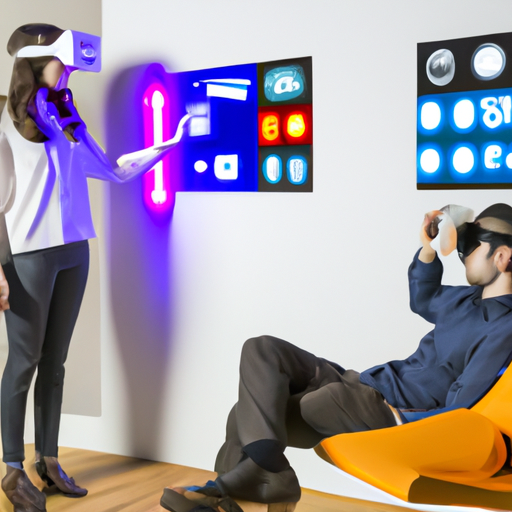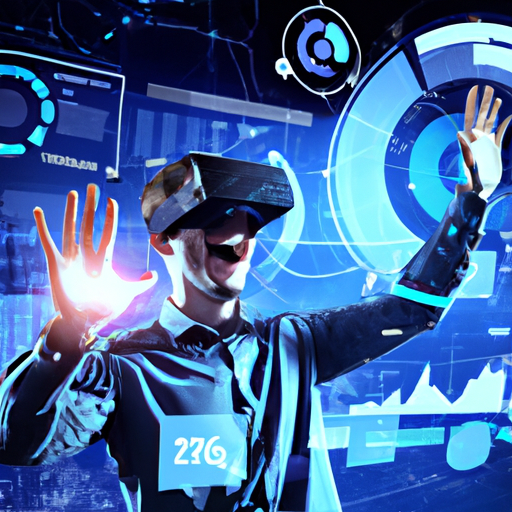In recent years, the intersection of technology and health has become increasingly prevalent, with wearables taking center stage in the mental health arena. As society grows more aware of the importance of mental wellbeing, wearables for mental health offer a promising solution. These devices, ranging from smartwatches to fitness trackers, provide valuable insights into our emotional states and stress levels, creating a new landscape for mental health management.
Understanding Wearables in Mental Health
Wearable technology has traditionally been associated with physical fitness, tracking steps, calories burned, and sleep patterns. However, the evolution of these devices now includes features that monitor mental wellness. From measuring heart rate variability to tracking sleep quality and detecting patterns in daily activities, wearables are becoming key players in digital health.
How Wearables Enhance Mental Health Monitoring
One of the significant benefits of wearables is their ability to provide real-time data analysis. For instance, researchers have shown that fluctuations in heart rate can be indicative of anxiety or stress. By consistently tracking these physical responses, wearables can alert users to moments of heightened stress, prompting them to engage in mindfulness exercises or deep-breathing techniques right when they need it the most.
Key Wearable Devices for Mental Wellness
- Fitbit Sense: This advanced smartwatch monitors both physical activity and stress levels, offering guided breathing exercises based on real-time data.
- Apple Watch: Equipped with mindfulness apps, the Apple Watch enables users to track their mood, providing valuable insights into mental health trends.
- Spire Health Tag: This unique device can be worn on clothing and provides notifications when it detects signs of stress, encouraging users to take preventive action.
The Future of Mental Health and Wearables
As technology continues to advance, the potential for wearables in mental health is vast. Innovations driven by artificial intelligence may soon allow devices to learn from users’ patterns, offering personalized recommendations and strategies for managing mental health issues. The integration of wearables with telehealth solutions also suggests that mental health professionals can utilize data collected by these devices to better support their patients.
Conclusion
The rise of wearables in the mental health field represents a significant development in holistic health management. By providing insights and promoting mindfulness, these devices empower individuals to take an active role in managing their mental wellbeing. As the technology evolves, it is clear that wearables are not just a trend, but a game-changer for wellbeing.
Stay tuned as we continue to explore new technologies revolutionizing mental health support!




